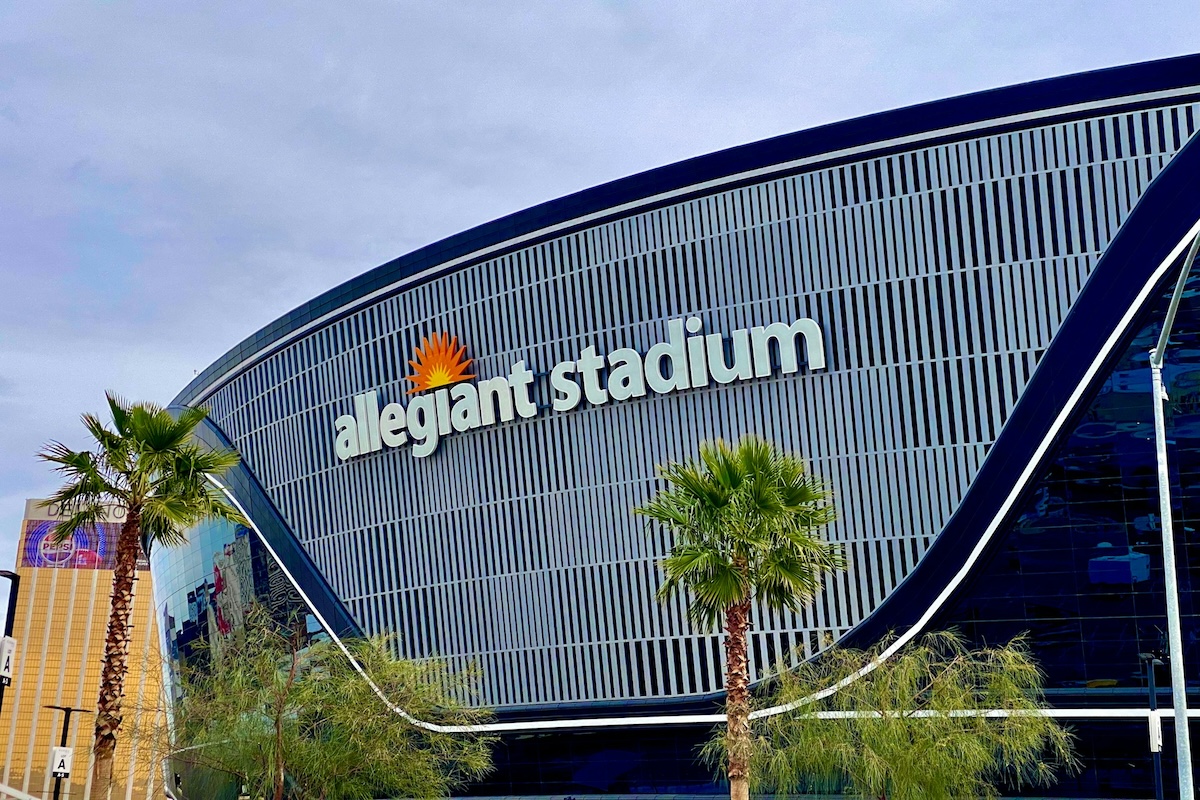The events industry joined together last year in a commitment to fight climate change as part of a Net Zero Carbon Events pledge signed at the UN Climate Change Conference, COP26, in Glasgow.
Six months later, a report by the Global Business Travel Association (GBTA) and Cvent indicates that while there’s no lack of good intentions, the event industry is lagging on taking concrete action.
According to the GBTA, 89 percent of survey respondents identified sustainability as a priority with only 14 percent believing that the industry has made good progress. Reasons include a lack of reliable measurement tools, concrete goals, and the proper budgeting mechanisms, leaving event profs in unknown territory.
In the absence of clear national and international guidance, it is up to the industry to hold itself accountable to its stakeholders. With many promising tools in development, there are a lot of opportunities to achieve the priorities that are now more promises than plans.
Getting there will probably be expensive – at least in the short term – but there are significant dividends for companies that can realize their sustainability commitments. In the long term, decarbonization initiatives may lead to innovations in engagement and connection that ultimately will be easier on corporate travel and meeting budgets.
It’s worth noting, as well, that there are bigger-picture incentives driving sustainability initiatives in the event industry. Will Curran, the founder of Endless Events, uses the analogy of a monkey that, having reached through a small opening to grasp some fruit, can’t remove its clenched fist and becomes trapped. “I think that analogy could be applied to people’s events and needing to reinvent their models. Quite literally, not letting go of the fruit, in this case, air travel and national conferences, might literally kill the planet.”
Lack of Actionable Targets
The GBTA/Cvent study, The Journey Towards Sustainable Corporate Travel and Meetings Management Programs, found that while more than half of the companies surveyed commonly have organization-wide carbon reduction targets, only 23 percent reported specific business travel targets, with just 9 percent having a target for company-hosted meetings and events.
The lack of actionable targets in meeting and travel programs is a result of a lack of tools for tracking emissions. While 59 percent of travel programs track emissions from flights, only 35 percent said their company tracks or estimates emissions from other transport, with 28 percent reporting that their company tracks or estimates emissions from hotel employee stays.
The event planning community is taking note of this lag between verbal commitments and operational change, and there’s considerable appetite for more concrete action.
Suppliers, buyers, investors, employees, governments, and external stakeholders have all gotten behind net-zero initiatives – and they want more than just intentions.
What’s Holding Up Progress?
Another GBTA report found that the two most significant blockages to taking action were higher costs (82 percent) and lack of transparent sustainability data (63 percent).
The first problem is relatively straightforward. Where cost is a factor, choosing sustainability will come down to senior executives encouraging budgeting priorities that may cost more in the short term but represent a long-term investment in a company’s brand and reputation for corporate social responsibility. The GBTA/Cvent report finds cause for optimism on this point, noting that more than half of respondents (57 percent) identified senior executives as a force for sustainability and carbon reduction at their company.
The second problem – an industry-wide lack of clarity around how to measure the ecological impact of event travel and attendance – continues to be a significant impediment to implementing concrete strategies and achieving measurable change.
There’s a lack of industry-wide consensus around what measurement tools to use or how to use them. This may be why only 6 percent of respondents indicated that their company was using any framework to evaluate a meeting program’s sustainability score.
The need for reliable data is well recognized, and organizations are working toward creating more frameworks. For example, Net Zero Carbon Events is currently circulating the first draft of its roadmap to achieving net-zero events by 2050. GBTA’s Founding Partners In Sustainability Program has similarly committed to creating a toolkit and other resources to “guide the journey” towards sustainable events.
Another factor impacting sustainability measures is the upheaval caused by the pandemic. Will Curran points out, “Especially when staffs have been cut, sometimes the people who are planning these conferences have never planned an in-person one before —- so they’re picking up that old playbook and copy-pasting it.”
Curran also notes that until very recently, Covid-fuelled uncertainty has inhibited any big moves towards rethinking events from a sustainability perspective. However, he thinks that may change soon. “I do think that people need to be ready to do things differently, and they’re just getting into that comfort zone,” said Curran.
Strong Support For Holding Events at Sustainable Venues
According to the study, the two most requested environmentally-friendly actions are working with sustainable vendors and venues. Preference for energy-efficient accommodations and event venues was cited by 81 percent of respondents, and 78 percent want to use suppliers with recognized sustainability certifications.
“From a planner’s perspective, it’s about finding ways to minimize environmental impact at all stages of the planning process. If you can source a green hotel, organize group travel instead of individual, utilize digital signage onsite, or work with the venue to minimize food waste,” Rachel Andrews, Cvent’s Senior Director of Meetings and Events, says. Carbon measurement tools will be instrumental in “helping organizations paint a clearer picture of their overall event impact – both on their business and the environment.”
However, the study indicates that right now, most companies don’t engage with third-party sustainability initiatives like the Science-Based Target Initiative or the Carbon DIsclosure Project to evaluate their event venues and vendors. And though 70 percent ask at least some sustainability questions in their requests for proposals, only 41 percent say their company gives “some preference” or “a lot of preference” to hotels with green certifications in the RFP process.
Not All Sustainability Solutions Are Equally Meaningful
Only one-fifth of respondents to the GBTA/Cvent report said that their company currently purchases carbon offsets, with only 10 percent reporting that company-held meetings and events commonly do so. This may not be bad news for the environment, though – especially when the event industry has many options to address the problem at the source.
Shawna McKinley is the principal at sustainability firm Clear Current Consulting and an instructor at the British Columbia Institute of Technology. She notes that increasing scrutiny of corporations in general and corporate travel and events specifically is ramping up, saying “the pressure is on companies to act, and demonstrate real progress.”
To do so, she says, will require closing the “knowledge gap between what we think reduces emissions and what actually reduces emissions.”
When asked to identify sustainability practices they had recently encountered, McKinley observed that the study’s respondents cited initiatives like reducing single-driver transit and eliminating single-use plastics during meals. But these alone are not enough.
“All these steps help, of course, but when it comes to achieving meaningful carbon reduction targets, some practices matter a lot more than others. And these practices will need to be re-prioritized if travel and events are to contribute measurable reductions for corporations setting targets. For example, the selection of closer destinations and clean-powered venues and hotels will become more critical, as will plant-based menus,” said McKinley.





